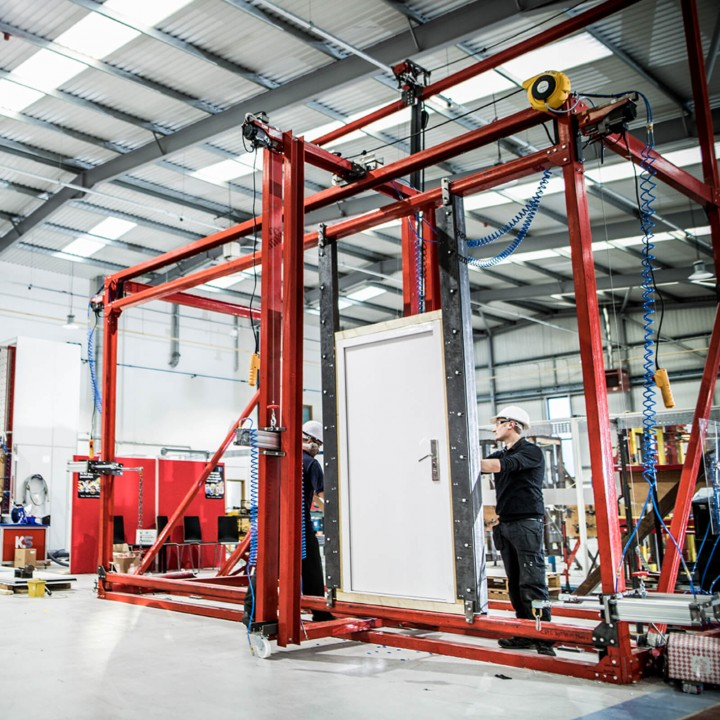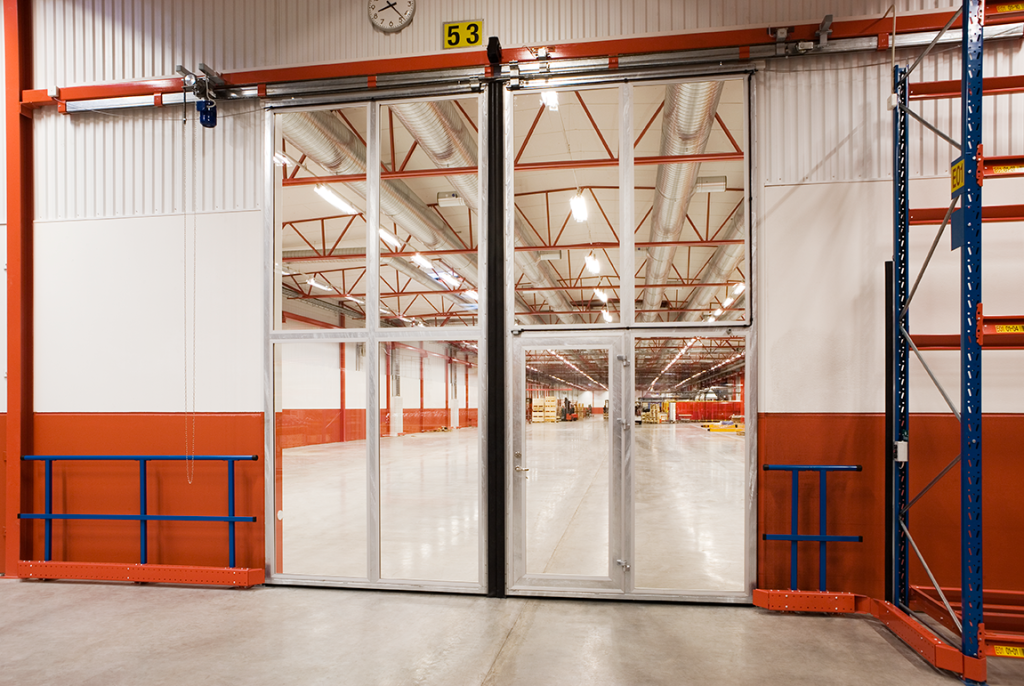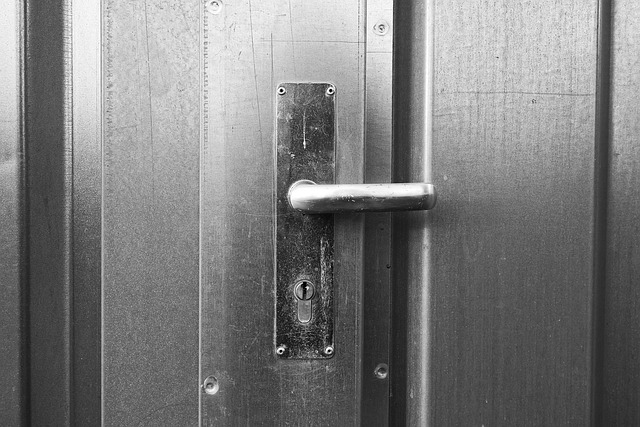As the world evolves, there is an increasing need for enhanced security, durability, and energy efficiency in both residential and commercial settings. The steel door industry has risen to meet these demands, offering high-quality solutions that provide unmatched protection and longevity. In this blog, we will explore the importance of the steel door industry, its impact on architecture and construction, and the benefits of steel doors for various applications.

The Advantages of Steel Doors
Strength and Durability
One of the primary reasons behind the growing popularity of steel doors is their exceptional strength and durability. Steel doors are resistant to warping, cracking, and rotting, making them an ideal choice for long-lasting performance. They can withstand harsh weather conditions and extreme temperatures, offering a reliable and low-maintenance option for both residential and commercial properties.
Enhanced Security
Steel doors provide superior security compared to traditional wooden or fiberglass doors. Their robust construction and reinforced design make them resistant to forced entry, giving homeowners and business owners peace of mind. Many steel doors also feature advanced locking systems and security hardware for additional protection.
H3: Energy Efficiency
The steel door industry has made significant strides in energy efficiency, with many steel doors featuring insulated cores that help regulate indoor temperatures. By reducing heat transfer between the indoors and outdoors, steel doors can contribute to lower energy consumption and reduced utility bills.
Aesthetic Appeal
Modern steel doors are available in various styles, finishes, and colors, allowing architects and designers to achieve the desired aesthetic without sacrificing functionality. From sleek contemporary designs to classic, timeless looks, steel doors can complement any architectural style.

The Steel Door Industry’s Impact on Architecture and Construction
Sustainable Building Practices
As the construction industry increasingly focuses on sustainable practices and eco-friendly materials, steel doors have emerged as an environmentally responsible choice. Steel is recyclable and can be repurposed multiple times without losing its structural integrity, reducing the need for raw materials and minimizing waste.
Building Code Compliance
The steel door industry is committed to ensuring compliance with building codes and safety regulations. Many steel doors meet or exceed fire-rating requirements, providing critical protection in the event of a fire. Additionally, steel doors can be customized to meet specific requirements for accessibility and ADA compliance.
Applications of Steel Doors in Various Sectors
Residential
In residential settings, steel doors offer homeowners a secure, durable, and energy-efficient option for entry doors, patio doors, and even interior doors. With numerous design options available, steel doors can enhance the visual appeal of any home.
Commercial and Industrial
Steel doors are widely used in commercial and industrial settings, such as retail stores, office buildings, warehouses, and manufacturing facilities. Their robust construction, security features, and low maintenance make them an ideal choice for businesses looking to protect their assets and ensure the safety of employees and customers.
Institutional
Institutions, such as schools, hospitals, and government buildings, often require doors that meet strict safety and security standards. Ståldörrar provide the necessary durability, fire-resistance, and security features required in these high-stakes environments.
Conclusion
The importance of the steel door industry cannot be understated as it continues to revolutionize the way we approach security, durability, and sustainability in architecture and construction. By choosing steel doors for residential, commercial, and institutional applications, we can create safer, more energy-efficient, and environmentally responsible spaces for future generations.







